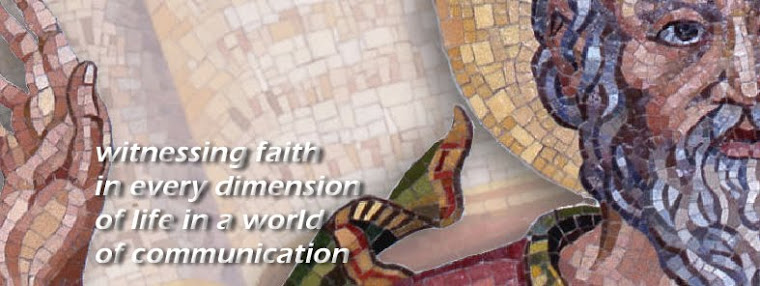
A Guide to Digital Ministry
By Colleen Boland
As part of its Catholic Speakers Online series, The Paulist National Catholic Evangelization Association (PNCEA) hosted a webinar on July 22, 2009, entitled “Story Telling Over the Internet: Proclaiming the Good News.” The presenter, Sr. Caroline Cerveny, explained how catechetical ministry can be enhanced through the use of technology. Caroline Cerveny, SSJ, DMin, is the President of Interactive Connections, as well as a writer, consultant and presenter on educational technology.
Sr. Cerveny began by giving a history of storytelling, putting it in the context of both religious and cultural traditions, describing the evolution from oral storytelling to cinematic and professional storytelling. She explained that in today’s digital world, ordinary people can assume the role of storytellers again, as they once did in the past. Sr. Cerveny explained that storytelling is natural for humans, and stories touch us, helping us to live in community. For this reason, it is important to our religious and faith traditions. In Scriptures we tell the greatest story of all, carrying on our tradition and fostering the community of believers.
Sr. Cerveny repeatedly emphasized that stories tell us something. She added that storytelling is an art, and we are natural artists whether we recognize it or not. She discussed how stories are both personal and universal, and that people can realize their own inner creativity and ability to reach their listeners. This resource is especially helpful for sharing among parishioners and for sharing with the parish community as well as the larger community beyond the parish.
To view the presentation and download the handouts with links to many resources, go to
http://www.bostonconferencing.com/pncea/archive and register.









